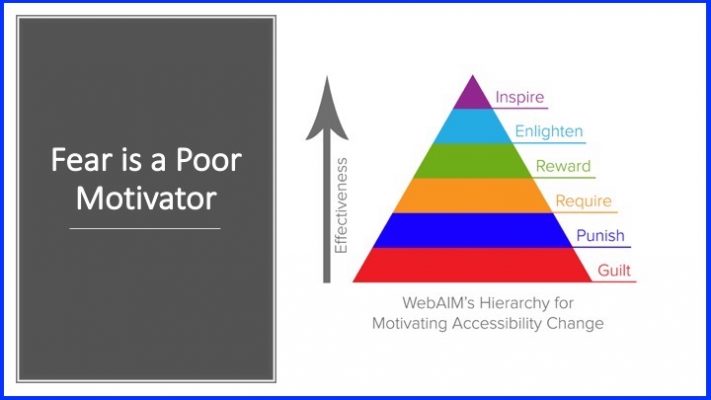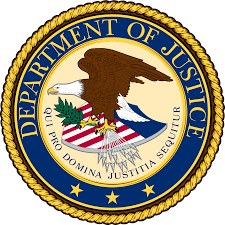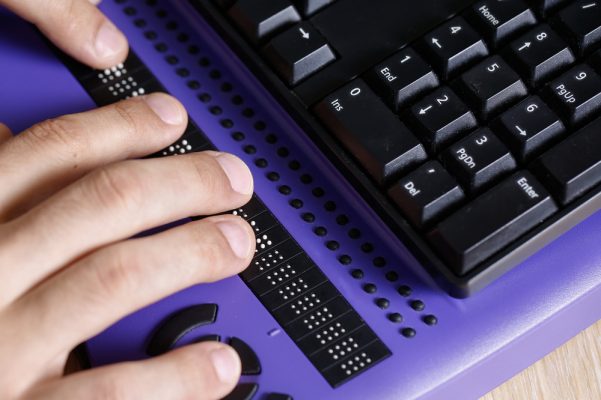United States Legal Updates
The articles on this page are about the law in the United States as it relates to the ability of disabled people to participate in the digital world (digital accessibility). Articles are listed in chronological order based on the date it was written or last updated. Most recent articles and updates appear first.
Visit the LFLegal Global Law and Policy page for digital accessibility law and policy around the globe.
There are cases about web and mobile access. Other cases are about kiosks, voting machines, ATMs and other tech. There is information about lawsuits, settlements, Structured Negotiation results, and laws. The articles are about Lainey Feingold’s work and the work of other lawyers, clients, organizations, and government agencies. If you are looking only for Lainey Feingold's cases, please visit the Settlements page. The posts here are for your informational only. They are not legal advice. If you think you have a specific legal question you should contact a lawyer.








